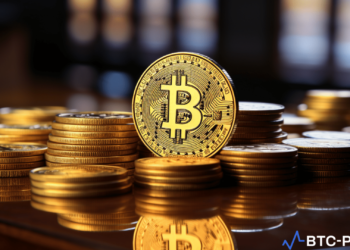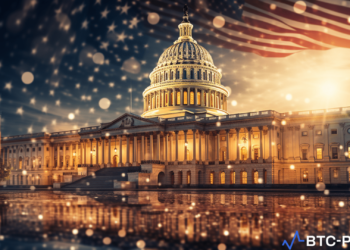Cryptocurrency trading platform Binance has announced the removal of the Nigerian Naira (NGN) from its peer-to-peer (P2P) trading service. This move has sparked concerns among Nigerian users, who have grown reliant on the platform for cryptocurrency transactions.
Binance Executives Detained in Nigeria
This decision comes amid reports that Nigerian authorities have detained two Binance executives, confiscating their passports. The executives were in Nigeria to discuss the nation’s ban on cryptocurrency exchange websites, highlighting the tense relationship between Binance and Nigerian regulatory bodies.
Nigerian Authorities’ Concerns
The Nigerian government has accused Binance of contributing to the naira’s devaluation, with presidential adviser Bayo Onanuga expressing concerns over the platform’s impact on the economy. According to authorities, Binance’s operations could potentially harm the Nigerian economy by influencing foreign exchange rates.
In defense, Binance and other cryptocurrency exchanges have pointed out that P2P market rates are determined by the users themselves, not the platforms, and are subject to market conditions.
The Rise of P2P Trading in Nigeria
P2P trading gained popularity in Nigeria following the government’s ban on the crypto industry in 2021, during former President Muhammadu Buhari’s tenure. Nigeria has since become the leading country in peer-to-peer trading volume, thanks to widespread adoption.
Regulatory Challenges
However, Binance’s involvement in Nigeria’s foreign exchange issues has led to increased regulatory scrutiny. The Nigerian Securities and Exchange Commission (SEC) declared Binance’s operations illegal in 2023 for operating without proper registration. Following this, the Nigerian government restricted access to online platforms of several crypto firms, including Binance, due to concerns over foreign exchange market manipulation and illicit financial flows.
Moreover, the Central Bank of Nigeria (CBN) has reported suspicious fund flows through Binance Nigeria, with allegations of $26 billion being transferred from unidentified sources last year. These developments underscore the government’s determination to address foreign exchange rate distortions and market manipulation.
Government’s Stance on Cryptocurrency
Despite regulatory challenges, Nigeria’s young and tech-savvy population continues to show a strong interest in cryptocurrencies. Local crypto analysts have criticized the government’s approach, arguing for a focus on manufacturing and exports to resolve foreign exchange issues rather than restricting cryptocurrencies.
Following the backlash, the Central Bank of Nigeria lifted its ban on crypto transactions in December, introducing guidelines for regulating virtual asset service providers. This step suggests a possible shift towards a more crypto-friendly regulatory environment in Nigeria, amid ongoing debates about the role of cryptocurrencies in the country’s economy.










